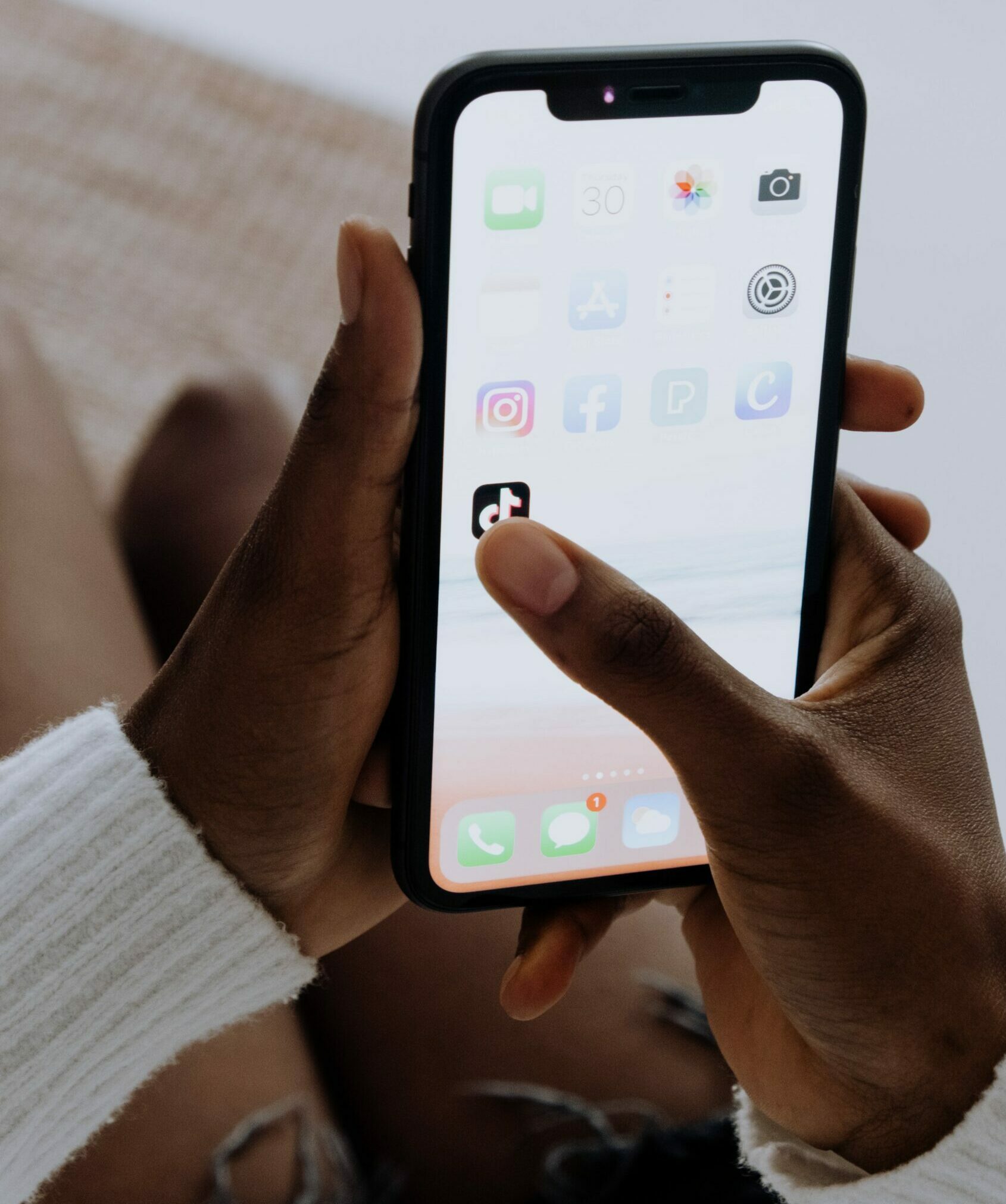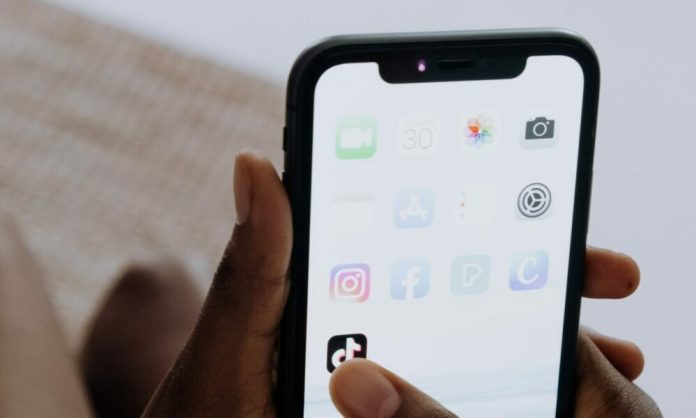
This week Universal Music Group (UMG) announced that it is pulling its audio catalogues from the influential and popular social media platform TikTok. In an open letter, UMG requested that TikTok address its concerns over three critical issues: appropriate compensation for artists and songwriters, online safety for TikTok’s users and protecting human artists from the harmful effects of artificial intelligence (AI).
In response to the letter, TikTok in a statement said,
It is sad and disappointing that Universal Music Group has put their own greed above the interests of their artists and songwriters.
Despite Universal’s false narrative and rhetoric, the fact is they have chosen to walk away from the powerful support of a platform with well over a billion users that serves as a free promotional and discovery vehicle for their talent.
TikTok has been able to reach ‘artist-first’ agreements with every other label and publisher. Clearly, Universal’s self-serving actions are not in the best interests of artists, songwriters and fans.
TikTok is one of the world’s most popular and fastest-growing social media platforms, with more than a billion monthly users, the majority of whom create videos to the sounds of their favourite or trending songs. It is also one of the most lucrative social media platforms, pulling in billions of dollars each year through advertisement revenue and its e-commerce business.
The contract between the world’s largest music corporation and TikTok, its most important viral marketing platform, allows creators to use UMG’s music in TikTok’s videos. However, due to disagreement and failed renegotiations, both companies were unable to reach a mutually beneficial agreement in time to renew their licensing contract, which expired on January 31.
What happens to African artists if UMG pulls its music?
UMG is home to renowned artists such as Taylor Swift, The Weeknd, Alicia Keys, Harry Styles, Kendrick Lamar, and Drake. It is also home to popular talents from the African music scene, including Nigerian singers and songwriters: Mr Eazi, Tekno, Tiwa Savage, Larry Gaaga, South African rapper Nasty C, Senegalese singer Youssou N’Dour, and more African artists. TikTok, as a platform, has also become a space where these artists flourish. Its vital role in aiding African musicians to attain global success cannot be overstated. Due to its extensive user base and innovative features, this short video platform has become an ideal space for musicians to connect and engage with fans, promote their music, and break through to the mainstream.
In 2019, Ckay released ‘Love Nwantiti’ as a part of his ‘CKay The First E.P.,’ but the song didn’t garner attention until 2021 when it was being used as a TikTok challenge on the platform. Within a few weeks of the song going viral, through a series of challenges and do-overs, Ckay rose to global fame. The song became an international hit, charting across Europe, Africa, Australia and New Zealand. Notably, it reached number 23 in the UK and marked Ckay’s debut on the US Billboard Hot 100. He also became the first African artist to hit 20 million listeners on Spotify in 2021. As of today, ‘Love Nwantiti’ has received more than 15 billion views as well as over 50K video creations, solidifying Ckay’s position as a prominent figure in the Afrobeats scene.
In 2021, Somali singer Nimco Happy’s single “Isii Nafta (Love You More Than My Life)” went viral on TikTok and trended for several weeks. It became so popular that it landed the artist Nimco Happy a distribution deal. Nigerian singer Guchi also credited the platform for helping her achieve global success since the release of her hit debut single ‘Jennifer‘ in 2021.
TikTok has given rise to countless viral dance challenges too, with Afrobeat tracks taking centre stage. Songs like Burna Boy’s “Ye,” Davido’s “Fall,” and Wizkid’s “Essence” have gained tremendous popularity through their viral TikTok dances.
With TikTok, contemporary Afrobeats music and artists have dominated Western music charts. In particular, it has gained popularity amongst Gen Z audiences, including those without African heritage and even non-Black.
It is not certain what will happen next, as new terms have yet to be agreed upon, and the takedowns from TikTok could start any time from now. The implications of this situation for Nigerian and African artists signed to Universal Music Group remain unclear.
***
Featured image by cottonbro studio for Pexels
Share your story or advertise with us: Whatsapp: +2347068606071 Email: info@newspotng.com













